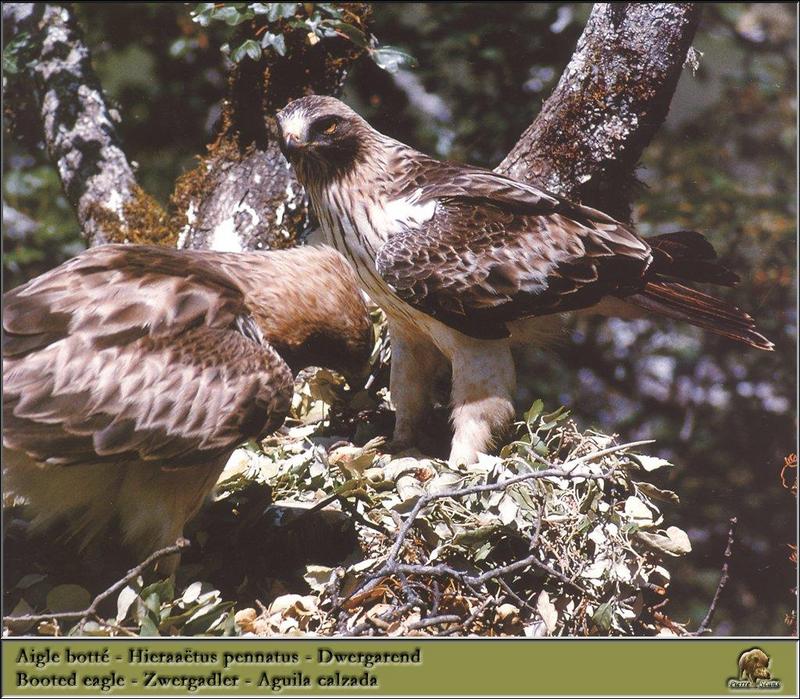|
| Query: bird | Result: 3430th of 32683 | |
Booted Eagle (Hieraaetus pennatus) <!--털발수리-->
| Subject: | Booted Eagle (Hieraaetus pennatus)
| |

| Resolution: 1024x895
File Size: 195767 Bytes
Upload Date: 2005:03:06 20:23:21
|
|
|